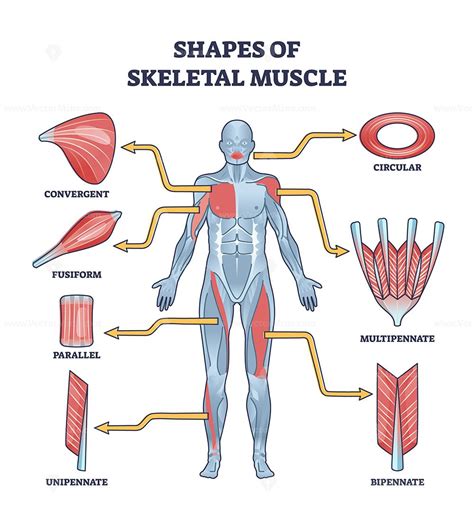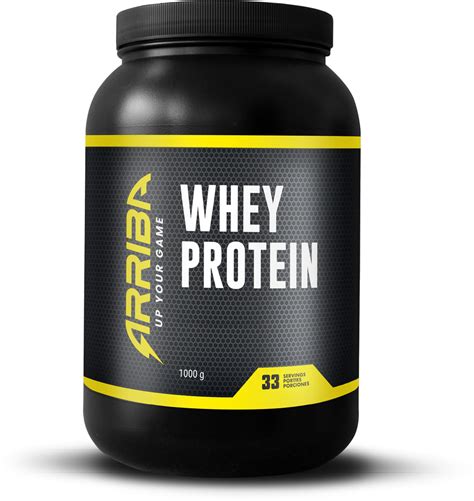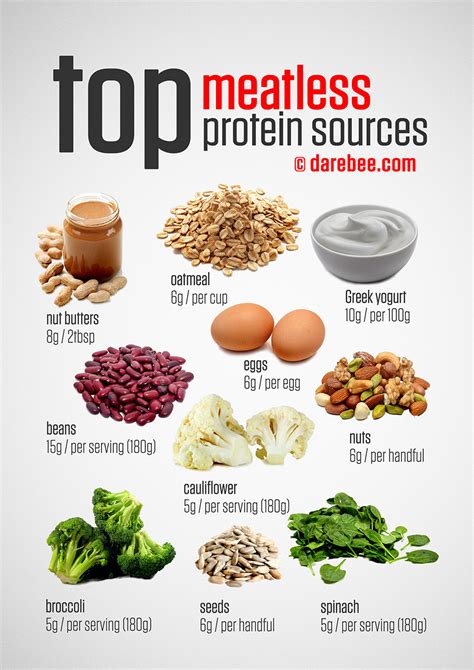Optimal protein for muscle growth, strength, and recovery after training?

The Foundational Role of Protein in Post-Training Adaptation
Protein is unequivocally the cornerstone of any effective training regimen aimed at building muscle, increasing strength, and accelerating recovery. After a strenuous workout, muscle fibers experience microscopic damage. Protein, specifically the amino acids it’s broken down into, provides the essential building blocks for repairing this damage and synthesizing new muscle tissue, a process known as muscle protein synthesis (MPS).
However, simply consuming protein isn’t enough; optimizing its type, quantity, and timing is key to unlocking its full potential for athletic performance and body composition goals. Let’s delve into the specifics of what makes protein truly optimal for post-training adaptation.

Understanding Protein Types and Their Impact
Not all proteins are created equal. Different sources offer varying amino acid profiles and digestion rates, impacting their effectiveness for muscle repair and growth.
Whey Protein: The Fast-Acting Champion
Whey protein, a byproduct of cheese production, is renowned for its rapid digestion and absorption. It boasts a high biological value and is rich in branched-chain amino acids (BCAAs), particularly leucine, which is a powerful activator of MPS. Its quick delivery of amino acids to muscles makes it an excellent choice for immediate post-workout consumption to kickstart recovery and muscle repair.

Casein Protein: The Slow and Steady Release
Also derived from milk, casein protein digests much slower than whey. It forms a gel in the stomach, leading to a sustained release of amino acids into the bloodstream over several hours. This makes casein ideal for periods when you’ll be without food for an extended time, such as overnight, providing a steady supply of amino acids to prevent muscle breakdown (catabolism).
Plant-Based Proteins: Diverse and Effective Alternatives
For those following vegetarian or vegan diets, or with dairy sensitivities, a range of plant-based proteins can effectively support muscle growth. Soy protein is a complete protein source, offering a full spectrum of essential amino acids. Other popular options include pea protein, rice protein, and hemp protein. To ensure a complete amino acid profile, it’s often beneficial to combine different plant protein sources (e.g., pea and rice protein) or consume a varied diet.

Optimal Protein Intake and Timing
Beyond the type, how much protein you consume and when you consume it significantly impacts results.
Daily Protein Requirements
For individuals engaged in regular resistance training, a general guideline is to consume 1.6 to 2.2 grams of protein per kilogram of body weight per day (0.7 to 1.0 grams per pound). This intake ensures adequate amino acid availability to support MPS and recovery.
The Anabolic Window
While the concept of a strict ‘anabolic window’ immediately post-workout has been broadened, consuming protein within 1-2 hours after training is still highly beneficial. This timing capitalizes on increased blood flow to muscles and enhanced nutrient uptake, maximizing the repair and growth process.
Spreading Protein Intake
It’s more effective to distribute protein intake throughout the day rather than consuming it all in one or two large meals. Aim for 20-40 grams of protein per meal, spaced every 3-4 hours, to maintain elevated MPS levels and support continuous muscle repair.

Protein’s Role in Strength and Recovery
Adequate protein intake is directly linked to enhanced strength gains. By facilitating efficient muscle repair and growth, protein enables muscles to adapt to training stimuli, becoming stronger and more resilient over time. Furthermore, consistent protein consumption plays a critical role in recovery by:
- Reducing Muscle Soreness: While not a complete cure, sufficient protein can help mitigate delayed onset muscle soreness (DOMS) by speeding up tissue repair.
- Supporting Immune Function: Intense training can temporarily suppress the immune system. Amino acids from protein are vital for immune cell production and function, helping you stay healthy and consistent with your training.
- Replenishing Glycogen: While primarily a carbohydrate function, protein can indirectly aid in glycogen replenishment by sparing glucose for energy and facilitating glucose uptake into muscle cells when combined with carbs.
Practical Recommendations for Optimal Protein Intake
- Prioritize Whole Food Sources: Incorporate lean meats, poultry, fish, eggs, dairy, legumes, and nuts into your diet.
- Utilize Supplements Strategically: Whey protein post-workout and casein before bed can be excellent tools to meet your protein targets, especially when whole foods are inconvenient.
- Combine Protein with Carbohydrates: Post-workout, combining protein with carbohydrates helps replenish glycogen stores, reduces muscle breakdown, and enhances protein uptake.
- Stay Consistent: The benefits of optimal protein intake accumulate over time. Consistency in meeting your daily protein needs is more important than occasional high-protein meals.
In conclusion, optimizing protein intake is a multifaceted strategy involving the right types, amounts, and timing. By understanding and implementing these principles, you can significantly enhance your muscle growth, strength development, and recovery, paving the way for sustained progress in your training journey.









